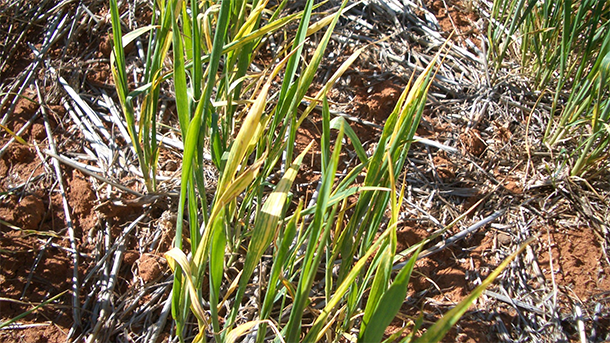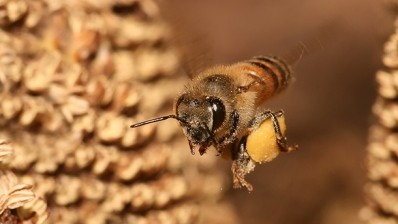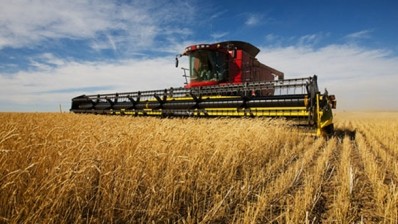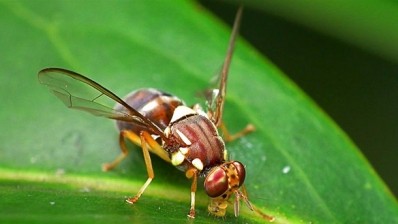Australia
Research finding could help protect global wheat crops from disease

Brenda Coutts, of the University of Western Australia's school of plant biology and institute of agriculture, has identified that wheat seed is critical for the dissemination of wheat streak mosaic virus (WSMV), and its persistence between successive growing seasons.
Researchers have been studying WSMV in the Great Plains region of North America for more than 60 years, and thought they understood its disease cycle through knowledge of its carry-over between crops in infected grasses and volunteer wheat plants, and transmission from infected to healthy plants by its wheat curl mite vector.
Australian dissimilarities
"Virus researchers in Western Australia realised that this explanation did not account for the rapid distribution of the virus around Australia since its first detection in 2002, and its widespread occurrence after summer drought conditions in the Mediterranean climate of the WA wheat belt," said project supervisor Professor Roger Jones.
In 2003 Coutts, a plant virologist at the Department of Agriculture and Food Western Australia, was the first person in the world to find that WSMV was seed-borne in wheat. This explained its introduction to Australia and other continents, and rapid distribution to new locations through sowing WSMV-contaminated wheat seed lots.
During her PhD candidature, Coutts undertook an in-depth study to uncover the role of wheat seed in the disease cycle of the virus, which resulted in critical new understanding with worldwide relevance.
"WSMV is carried over between growing seasons in two ways," Coutts said. "First, through infected wheat seed left behind after harvest, which germinates to produce infected volunteer wheat plants, and secondly through inadvertent sowing of infected wheat seed stocks by farmers.
"Wheat curl mite then spreads the virus further from these infection points. No seed transmission occurs in other cereals or grasses.”
New infection sources
Seed transmission in wheat is particularly important in a Mediterranean-type environment as the hot dry summer conditions eliminate any volunteer cereal or annual grass hosts, but after rains in late summer or early autumn, new WSMV infection sources develop through germination of discarded infected wheat seed.
The epidemic develops from these or from sowing the crop itself with infected seed. Perennial grasses are non-hosts.
Coutts recommends the removal of all potential WSMV and wheat curl mite hosts, such as grasses and volunteer cereals, prior to crop sowing to ensure there is no virus inoculum for spread to the new wheat crop, and populations of its mite vector are minimised.
"Wheat seed should be tested before sowing to ensure it is healthy and no wheat seed should be left in the field after harvest of infected crops,” Coutts said. "To achieve this, harvesters can be adapted to collect small-sized seeds that are excluded from the main seed harvest, as is already done with weed seed."
She also recommends late sowing when temperatures are low and therefore not conducive to wheat curl mite population build up or movement, and to plant WSMV-resistant wheat cultivars if available.

















